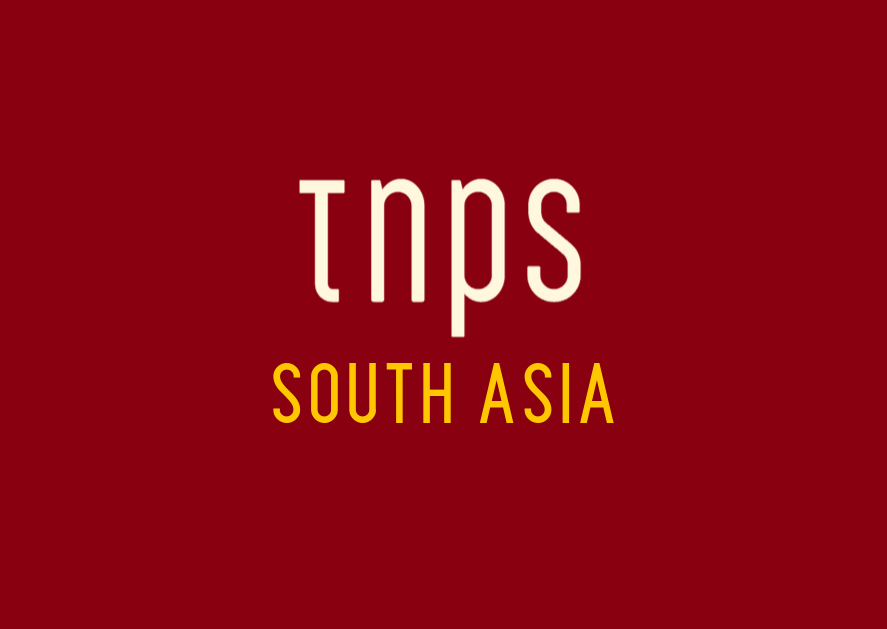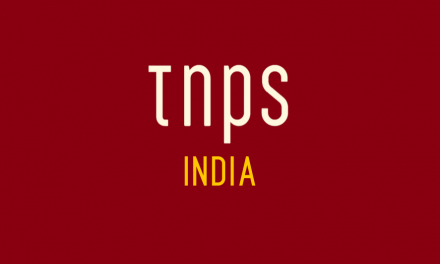To state that “A virtual book fair can never be an alternative to our historic tradition” is to totally misunderstand the advantages digital can bring to publishers, and to condemn Bangladeshi consumers to another decade of limited choice in reading and format.
The Amar Ekushey Boi Mela passes largely unnoticed in the western publishing arena, where interest in the exciting South Asia book markets rarely extends beyond India.
But TNPS regulars will know the month-long winter book fair is the highlight of the Bangladesh publishing calendar, held usually for the entire month of February, and in recent years typically seeing around $10 million worth of books sold. No surprise, then, that TNPS in an op-ed in March argued for Bangladesh to embrace the digital opportunity to build on these analogue foundations.
Here’s the thing: Bangladesh is a country of 164 million people, and while only at 58% internet penetration that still means there are 96 million people online in the country. More than enough, one might think, for the Boi Mela organisers to take seriously the prospect of a virtual book fair amid the continuing global pandemic.
But it seems that won’t be happening. Because despite deliberating through the summer months and reluctantly deciding, a few weeks ago, that a virtual Amar Ekushey Boi Mela would be the safest way forward for 2021, barely a week later that decision had been reversed and it was announced the Boi Mela would proceed in person, with appropriate Covid-19 regulations in place, and that the only real change would be that the event would start later in February, instead of on the first day of the month.
Protests from the Bangladesh Publishers and Booksellers’ Association to the Bangla Academy left little doubt that the country’s publishing industry was not ready for digital.
We were surprised to learn that the Bangla Academy had unilaterally decided to suspend preparations for the book fair 50 days before the scheduled date. A virtual book fair can never be an alternative to our historic tradition.
That resulted in the online event being shelved, and a new wave of uncertainty as publishers and booksellers argued for an in-person event might happen from February 21 or before, but not from February 1.
The proposal, by the Book Publishers and Sellers Association of Bangladesh and Academic and Creative Publishers Association of Bangladesh, will be taken by the Bangla Academy to the Bangladesh government for approval.
The Bangla Academy Director General, Habibullah Siraji, explained:
The publishers came up with their demands and we advised them to submit a plan with a suitable date, considering the Covid-19 situation. The academy needs at least two months for preparations.
In doing so the Bangla Academy seems set to deliver the worst of both worlds for the Bangladesh publishing industry in 2021.
This could have been an opportunity for the Academy to drag the industry feet first into the twenty-first century, offering a well-prepared and competently delivered virtual event whether in lieu of or in parallel with a regulations-laden in-person event, but by leaving any such consideration until the last minute there’s now no chance of either option being pursued in any meaningful manner.
Meanwhile there are no guarantees the in-person event will go ahead in February, even if the government provisionally approves the plans now. The expectation is a new surge in cases as winter takes hold in the country, and by February Bangladesh, currently under light restrictions, could be back in lock-down.
But, as the publishers and booksellers argue, historic tradition is what will drive decisions, not the long-term interests of the publishing industry and the best interests of consumers.
To be clear, the decision to oppose a virtual Boi Mela stung together by the Bangla Academy with eight weeks notice, leaving publishers no time to pivot to take advantage of such a move, was entirely sensible.
But to state that,
A virtual book fair can never be an alternative to our historic tradition,
is to totally misunderstand the advantages digital can bring to publishers, and to condemn Bangladeshi consumers, and international consumers eager to enjoy Bangladeshi content, to another decade of limited choice in reading and format.




